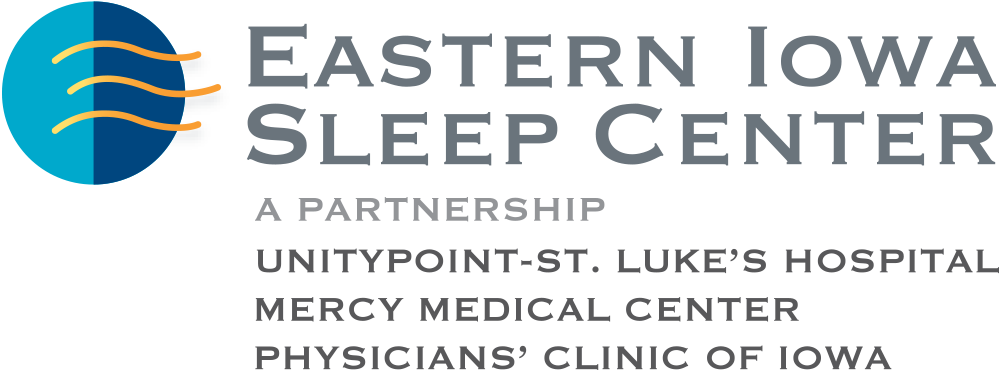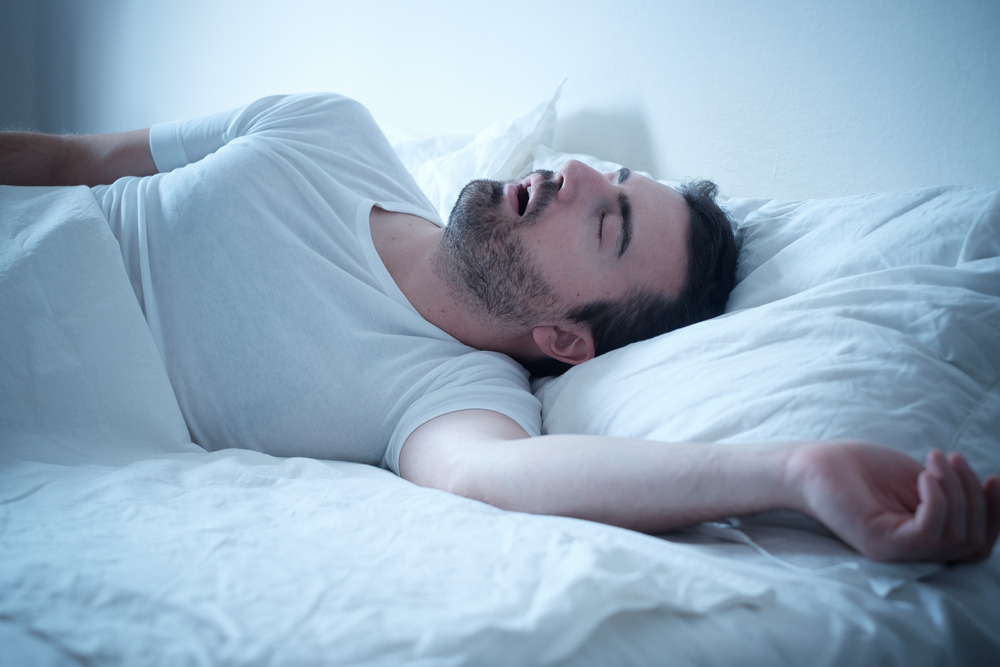Obstructive Sleep Apnea
Obstructive sleep apnea is a sleep disorder in which breathing stops while sleeping. For people with untreated sleep apnea, these breathing interruptions can range from five to more than 100 times per hour.
These events are caused by a brief (10-20 seconds) blocking of the upper airway, and in turn can cause gasping, choking, loud or frequent snoring.
What are the risk factors for obstructive sleep apnea?
Sleep apnea affects people of all ages, including children. However, risk factors for this disorder include:
- Being overweight
- Large neck circumference
- Enlarged tonsils and adenoids
- Family history of sleep apnea
What are the symptoms of obstructive sleep apnea?
Sleep apnea may occur without a person being aware of the breathing interruptions. The primary symptom of sleep apnea is overall fatigue and tiredness due to constant waking during the night. Moderate to loud snoring is commonly associated with sleep apnea, although not everyone with the disorder snores.
Those with sleep apnea do not spend adequate time in deeper sleep stages, which can lead to moodiness, irritability, and an increased risk for accidents. More serious complications of untreated sleep apnea include hypertension, stroke, and cardiovascular problems (such as heart attack).
How is obstructive sleep apnea diagnosed?
In order to diagnose narcolepsy, your doctor may:
- Examine your mouth, nose, and throat for enlarged tissues
- Recommend a polysomnogram (sleep study)
- Recommend a multiple sleep latency test to determine how quickly you fall asleep during the day
What treatment options are available?
Mild forms of sleep apnea can be treated with conservative measures such as:
- Sleeping on your side to help your airway stay open.
- Avoiding medications and substances that affect breathing or cause excessive relaxation such as sleeping pills, herbal supplements, or alcohol.
- Losing weight, which helps decrease the amount of tissue that may block your airway.
More serious occurrences of sleep apnea can be treated using devices that help the airway stay open throughout the night. They include:
- Continuous positive airway pressure (CPAP) device which is a mask worn at night that delivers a continuous flow or air into the nostrils
- Specially designed mouthpieces
- Surgery to remove tissue, tonsils, adenoids, or uvula
Questions?
Contact us today to learn how we can help you sleep

275 10th St. SE
Suite 3330
Cedar Rapids, IA 52403
Phone: (319) 362-4433
Phone: (877) 361-4433
Fax: (319) 362-4466



